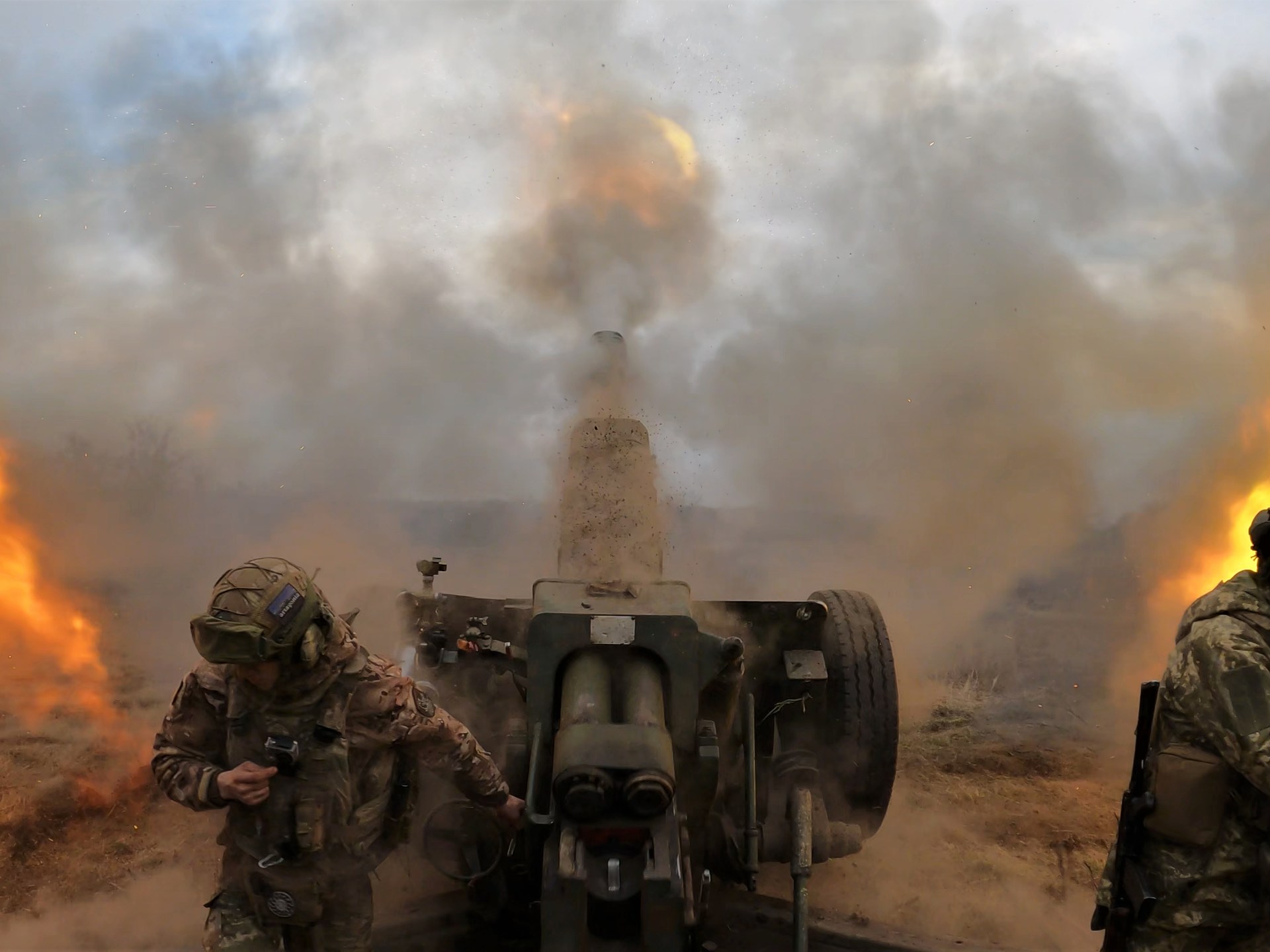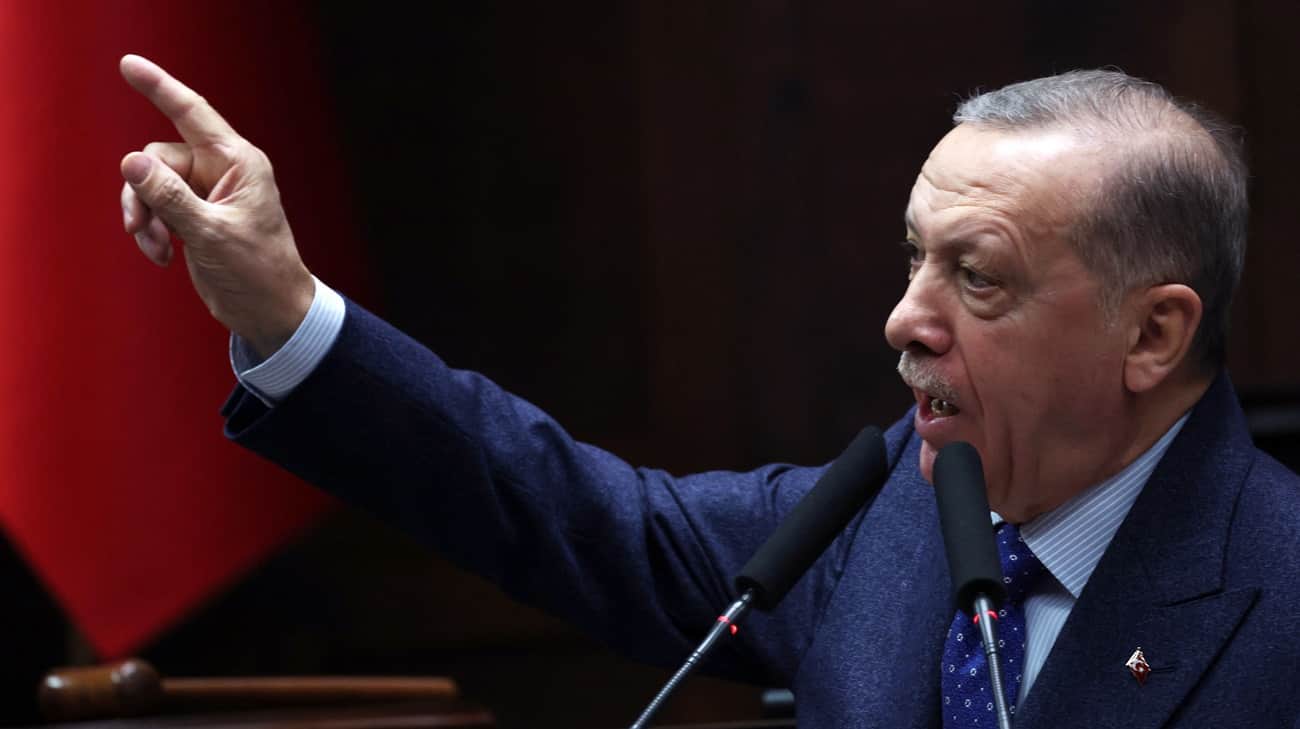US ponders ways to punish France for opposing war
"It will continue to do so in all circumstances," de Villepin said.
France opposed the war with Iraq and blocked a U.N. resolution sanctioning the war sought by the United States and Britain. France, along with Russia, took the position that there should be more U.N. searches for illegal weapons before considering the use of force.
Germany, which opposed war with Iraq under all conditions, is not targeted for punitive measures, a senior U.S. official told The Associated Press.
Every country has the right to its own opinions, the official said. The difference between France and Germany is that France energetically tried to organize other countries against the United States, the official said on condition of anonymity.
For the most part, much that the United States does with France works well, the official said. For instance, cooperation in countering terrorism and on law enforcement is very good, he said.
"No one in the administration is saying stop all things with France," the official said. "People are saying if there are places where we give special deference to France that we should review that."
Potential punishment was discussed on Monday at a meeting of top assistants to Powell, Vice President Dick Cheney, Defense Secretary Donald H. Rumsfeld and Condoleezza Rice, the president’s national security adviser.
Actions could include excluding France from some meetings with U.S. allies and bypassing the North Atlantic Council, of which France is a member.
Bypassing the council, NATO’s governing body, could mean excluding France from U.S. deliberations with European and Canadian allies because France is not a member of NATO’s Defense Planning Committee, where the talks would be shifted.
To avert potential French opposition to using NATO peacekeepers in Iraq and having them search for hidden weapons of mass destruction, deliberations may be turned over to the defense group, said a State Department official, speaking on condition of anonymity.
Powell, in an interview broadcast on the Public Broadcasting Service network on Tuesday night, said there would be consequences for France’s opposing the United States in the United Nations. He described it as "a very difficult period," but did not say what the administration had in mind.
"We have to look at all aspects of our relationship with France in light of this," Powell said. "We didn’t believe that France was playing a helpful role. There’s no secret about that."
State Department spokesman Richard Boucher said on Wednesday: "It’s more than philosophical. Potentially, it will affect how some decisions are made in the future."
White House spokesman Ari Fleischer said France’s opposition to the war "has put a strain on the relationship and that’s a consequence that was paid."
In the end, President George W. Bush believes the two countries and two peoples have common values and that the alliance will continue, Fleischer said.
De Villepin telephoned Powell on Wednesday while traveling in the Middle East, Boucher said. Among the issues they discussed were sanctions against Iraq.
The United States proposes eliminating them as an unnecessary burden on Iraq’s people now that Saddam Hussein and his government have been toppled. France favors suspending the sanctions, which Boucher said implies the possibility of their return.
"Sanctions should be lifted," Boucher said. "The president said that. It should be ended. And we need to get together and talk about how to do that."
On the overall relationship, Boucher said, "Having had disagreements like this in our relationship doesn’t change the fact that we are allies."
De Villepin, en route to Iran, said France would continue to uphold its principles. "Throughout the Iraq crisis, France, along with a very large majority of the international community, acted in conformity with its convictions and its principles to defend international law," he said.



